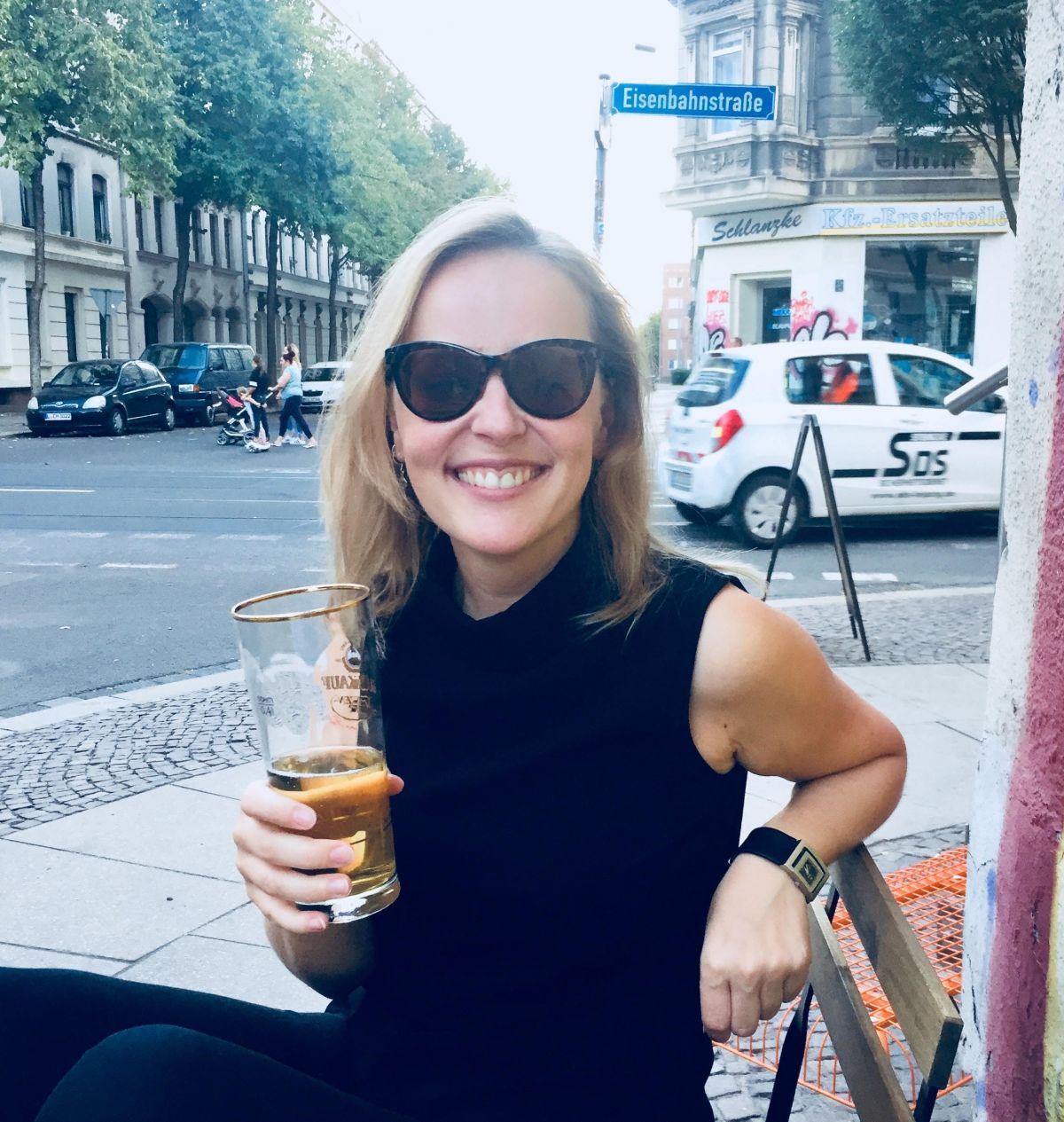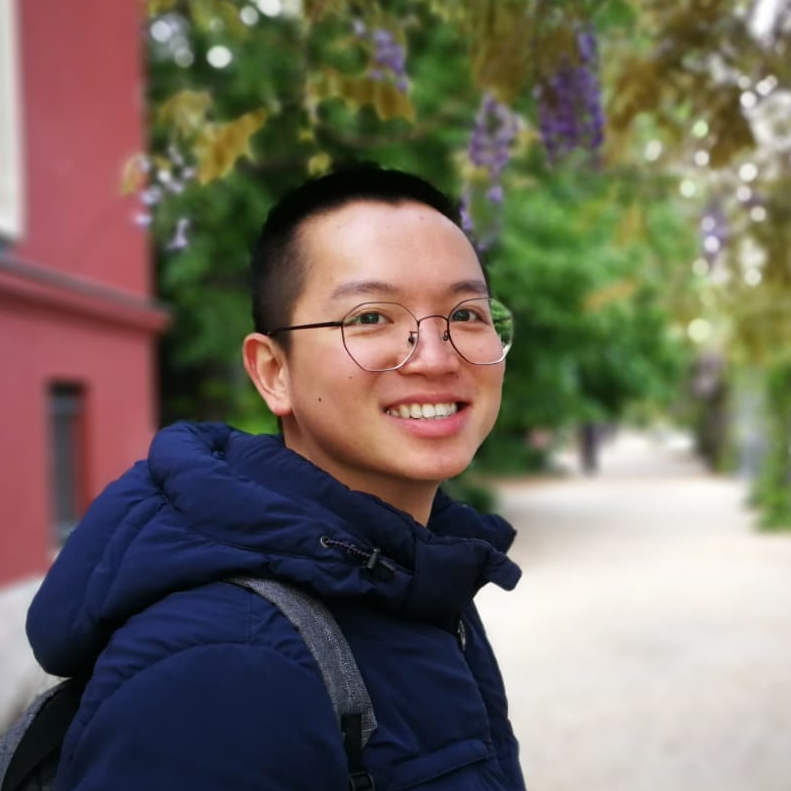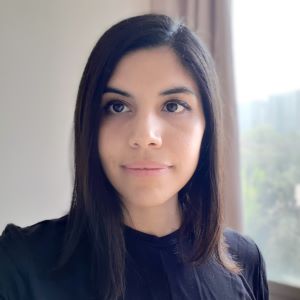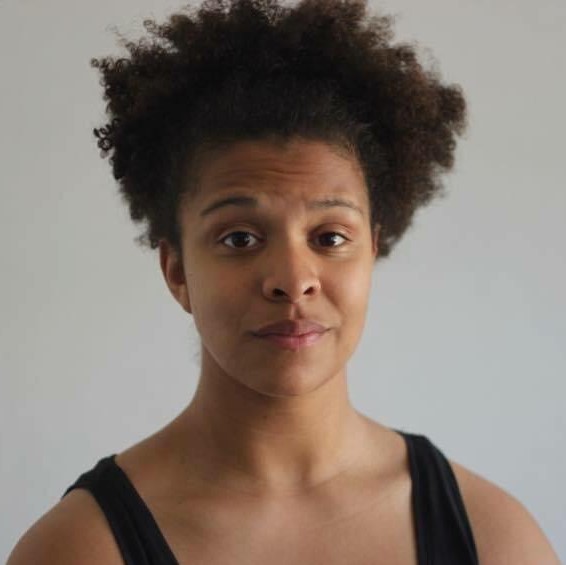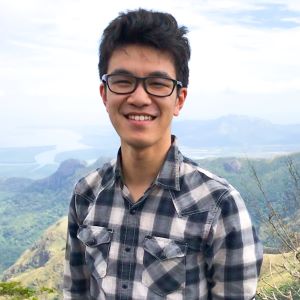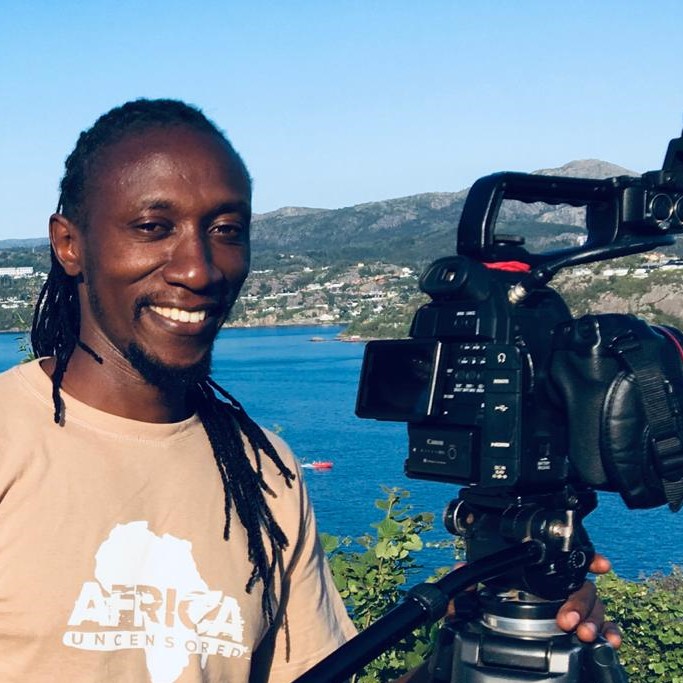La storia di due paesi: prima parte
Le differenze percepite tra Germania dell’est e Germania dell’ovest non derivano solamente dalla separazione dopo la Seconda guerra mondiale, ma anche dagli eventi dopo l’unificazione. Nonostante l’unità sia un lodevole traguardo, accettare le differenze porterebbe eventualmente ad un livello superiore.
Germany, Western Europe
Story by Janina Cymborski. Translated by Giovanna Luisetto
Published on July 12, 2022.
This story is also available in 






Ci sono due tipi di tedeschi: gli Ossi (orientali) e i Wessi (occidentali). L’unificazione tedesca nel 1990 ha messo fine alle 2 Germanie divise, ma 40 anni di separazione hanno lasciato un segno, specialmente nell’est. Gli Ossi, di cui faccio parte, erano abitanti della Repubblica Democratica Tedesca (RDT), e oggi siamo circa il 15 percento della totale popolazione tedesca. Ora nel 2020, gli Ossi non ricoprono nemmeno il 2 percento di posizioni di prestigio.[1] La loro ricchezza individuale è meno della metà di quella dei Wessi e il loro tasso di disoccupazione è più alto. Le differenze risalgono alla fine della Seconda guerra mondiale, quando la Germania occidentale fu inclusa in un’alleanza occidentale democratica, politica ed economica, e la RDT fu lasciata in un regime dispotico comunista dietro la cortina di ferro. Quando “cadde il muro” (in Germania ne parliamo come se fosse scomparso in modo passivo) sembrava che in alcune zone orientali la guerra fosse appena finita.
Sono nata alcuni anni prima dell’unificazione. Da bambina non mi interessavano molto ideologie o nazionalità. Così quando, nel 1990, all’età di 7-anni, diventai cittadina della Repubblica federale unificata tedesca (RFT) non me ne importò granchè. Il mondo intorno a me cambiò profondamente. La piccola città di Gräfenhainichen dove sono cresciuta sembrava abbandonata a metà degli anni 90’. Negozi e fabbriche erano chiusi. I giovani se ne andavano a centinaia ogni anno. I soldi diventarono un problema. La disoccupazione era una presenza costante nella mia famiglia, mentre, nella RDT, la disoccupazione non esisteva e i soldi non sono mai stati un problema.[2] Guardavo la città morire lentamente mentre crescevo. Ma, per me, quella era la normalità.
Inconsapevolmente, ero testimone oculare della storia. Inconsapevolmente, ero parte di tutti quei cambiamenti. Non ho mai messo in discussione i cambiamenti perché questo mondo in rovina era l’unico mondo che conoscevo. Più tardi ho realizzato cosa stava succedendo intorno a me: l’inclusione politica di un paese in un altro. Un gigantesco salto per il capitalismo. Durante la politica di Treuhand [3], furono negoziati accordi immobiliari, chiuse fabbriche, ed eliminata la concorrenza, provocando una drastica svendita del patrimonio della RDT a spese del futuro degli Ossi.[4] La gloriosa rivoluzione che iniziò nel 1989, la prima rivoluzione di successo in Germania, ironicamente trasformò gli Ossi in perdenti disoccupati destinati a farsi da parte e a guardare l’élite occidentale fare la propria storia. Questa fu la mia lezione sul funzionamento del capitalismo.
Mi fu chiaro che in questo mondo, la vita non era altro che una lotta costante per fare soldi e resistere. Sembrava di correre una maratona con una gamba sola senza reali possibilità di arrivare alla fine. I miei genitori hanno passato gli anni migliori dietro la cortina di ferro e dovevano immediatamente operare in un nuovo sistema con esperienze che non valevano un soldo, un dialetto che era deriso, e valori inutili come non fidarsi degli altri affinché non li imbrogliassero. Come molte donne della RDT, mia madre passò dal posto fisso alla disoccupazione. All’epoca mio padre aveva due lavori, uno durante la settimana e un altro nei weekend. Quando finalmente andò a lavorare nell’edilizia nella Germania occidentale visto che non c’era lavoro in quella orientale, piangevo ogni volta che partiva. E la parte peggiore era sapere che piangeva anche lui. Questo era crescere negli anni 90 nella Germania orientale.
Leggi qui la seconda parte della storia di Janina.
Note a piè di pagina
[1] Uno studio provò che dopo 25 anni, posizioni di prestigio nella giustizia, economia, politica, amministrazione, esercito e media sono ricoperte in maniera sproporzionata dai tedeschi occidentali, anche nella parte orientale della Germania. Per saperne di più leggere: Bluhm, Michael/Jacobs, Olaf (2016): Wer beherrscht den Osten? Ostdeutsche Eliten ein Vierteljahrhundert nach der deutschen Wiedervereinigung, Leipzig: Universität Leipzig, Institut für Kommunikations- und Medienwissenschaft.
[2] Il governo socialista garantì un alto livello di assistenza sociale come un basso costo della vita, assistenza infantile e sanitaria gratuita, istruzione gratuita ed occupazione nella Germania orientale.
[3] Treuhand fu una politica prima di tutto ideata dalla RDT per assicurare la ricchezza della nazione visto che fu presto chiaro che sarebbe stata inclusa nella Repubblica federale. Dopo l’unificazione (3. Ottobre 1990) Treuhand era guidata per lo più da tedeschi occidentali, che spingevano verso la privatizzazione. Questo portò ad una totale deindustrializzazione della vecchia RDT in pochi anni, non focalizzata sulla ricostruzione, modernizzazione e sostentamento, ma sulla liquidazione. Ciò causò una massiccia disoccupazione dell’80 percento dei tedeschi dell’est che persero il proprio lavoro temporaneamente o in maniera stabile. Manifestazioni di massa scoppiarono ovunque nella vecchia RDT con scioperi della fame, dimostrazioni e l’assassinio del capo della Treuhand, Detlef Karsten Rohwedder nel 1991. Per saperne di più leggere Roesler, Jorg (1994). Privatizzazione nella Germania dell’est —Esperienza con la Treuhand. Studi in Europa-Asia 46(3): 505-517.
[4] Nel 1992, un’azienda della Germania dell’est sviluppò il primo frigorifero a livello mondiale senza-CFC. A causa del ricatto occidentale l’azienda fu costretta a chiudere da Treuhand. Eventualmente, quel prodotto sarebbe poi stato prodotto nella Germania occidentale. Il solito meccanismo di eliminare la concorrenza significa dichiarare ferma una vecchia fabbrica della RDT, svalutarla, rilevarla a basso prezzo e svenderla.
How does this story make you feel?
Follow-up
Do you have any questions after reading this story? Do you want to follow-up on what you've just read? Get in touch with our team to learn more! Send an email to [email protected].
Talk about this Story
Please enable cookies to view the comments powered by Disqus.
Subscribe to our Monthly Newsletter
Stay up to date with new stories on Correspondents of the World by subscribing to our monthly newsletter:
Other Stories in Italiano
Explore other Topics
Get involved
At Correspondents of the World, we want to contribute to a better understanding of one another in a world that seems to get smaller by the day - but somehow neglects to bring people closer together as well. We think that one of the most frequent reasons for misunderstanding and unnecessarily heated debates is that we don't really understand how each of us is affected differently by global issues.
Our aim is to change that with every personal story we share.
Community Worldwide
Correspondents of the World is not just this website, but also a great community of people from all over the world. While face-to-face meetings are difficult at the moment, our Facebook Community Group is THE place to be to meet other people invested in Correspondents of the World. We are currently running a series of online-tea talks to get to know each other better.











